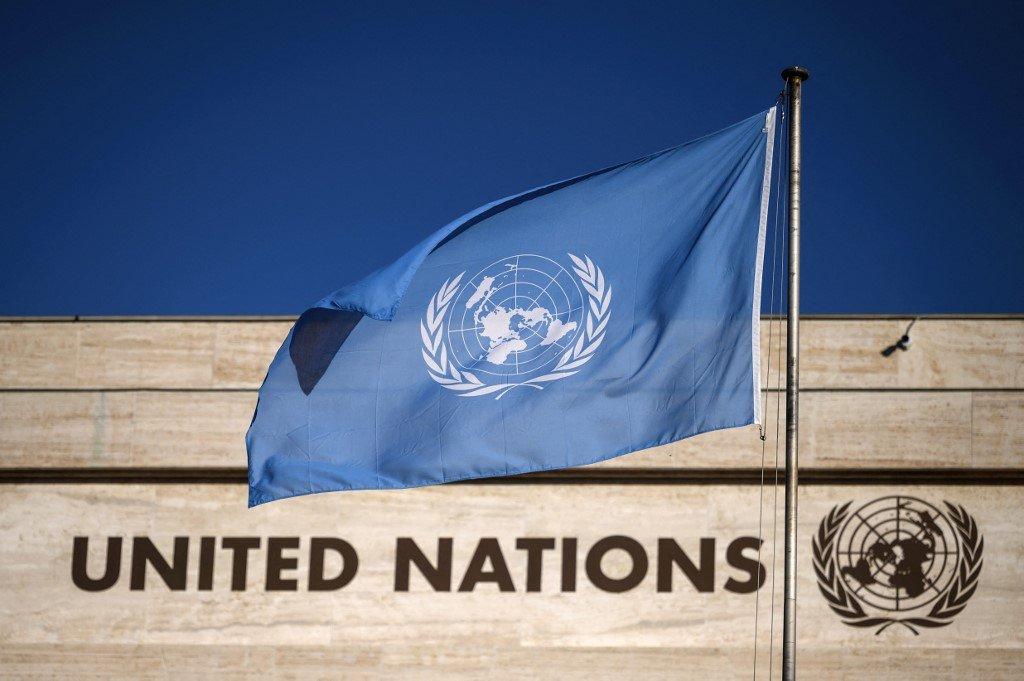According to the United Nations Global Report on Trafficking in Persons for 2022, the number of people detected as trafficked dropped by 11 percent last year. While this is the first decline in 20 years, one of the report’s authors said it isn’t necessarily a cause for celebration.
“We have not really seen a decrease in trafficking. We have seen a decrease in capacity of authorities to detect victims,” said Angela Me, chief of the Research Branch of the United Nations Office on Drugs and Crime.





